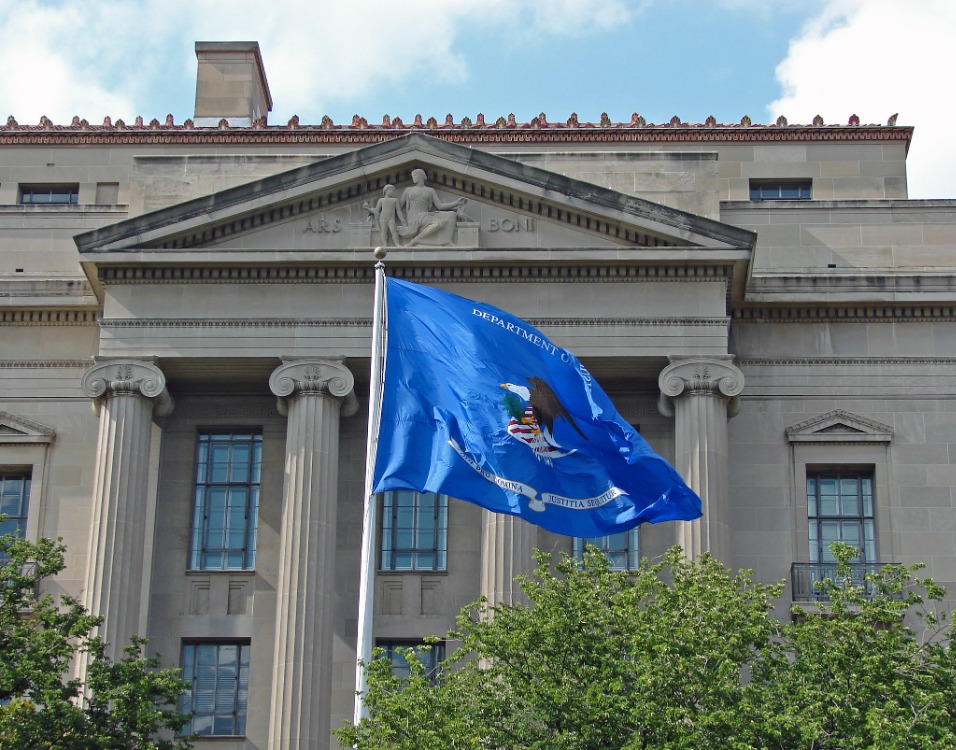DC Circuit to Hear Challenge to SEC Conflict Minerals Rule: Did the SEC Weigh the Costs and Benefits to the DRC?
Next Tuesday, the D.C.
Next Tuesday, the D.C. Circuit will hear oral argument in a challenge to the SEC’s controversial rule on conflict minerals, which requires companies that use certain minerals (tin, tantalum, tungsten, and gold) in their products to file annual disclosure forms with the SEC reporting whether the minerals originated in the Democratic Republic of the Congo (DRC) or adjoining countries. The SEC rule implements section 1502 of the Dodd-Frank Act, which was inserted into the Dodd-Frank conference report at the urging of human rights groups concerned that the mineral trade was financing ongoing conflict and human rights abuses in the DRC. The well-intentioned provision has proved to be counter-productive: rather than prodding companies to buy minerals from “conflict-free” mines, the SEC’s burdensome investigation and reporting requirements have led many companies to abandon the DRC altogether and to source their minerals from other parts of the world. A recent article in the Guardian comments that the “new US law designed to help the region escape its poverty looks set to do just the opposite.”
The challenge to the SEC’s rule was brought by a coalition of business groups -- the National Association of Manufacturers, the U.S. Chamber of Commerce, and Business Roundtable -- on behalf of the estimated 6,000 companies subject to the rule. A large number of affected companies are in the electronics, automotive, construction, and aerospace industries; tin is used in everything from light bulbs to circuit boards to foil packaging. The SEC estimates that compliance will impose an initial financial burden of $3-4 billion for covered companies to review their supply chains for conflict minerals, and an estimated $200-600 million for companies to comply on an annual basis. It is doubtful that Congress (which adopted Section 1502 without the benefit of hearings) intended to impose such a significant financial and regulatory burden on U.S. business during a recession.
But apart from the unanticipated impact on U.S. business, the SEC’s conflict minerals rule is unlikely to achieve its purpose of improving conditions in the DRC. My colleague Sarah Harris and I submitted an amicus brief on behalf of several DRC experts -- former Assistant Secretary of State for African Affairs Jendayi Frazer, Dr. Peter Pham of the Atlantic Council, and Professor Marcia Narine of St. Thomas University Law School -- who are concerned that the SEC’s rule, will actually worsen economic conditions in the DRC and surrounding region by encouraging companies to avoid the region altogether. This is a view shared by other experts on the DRC. In our brief, we argue that the SEC failed to weigh the costs as well as benefits of its rule and instead simply assumed that the rule would advance Congress’s objective of benefitting the DRC, ignoring comments submitted by DRC experts. We cite numerous reports that many companies are now boycotting the DRC and surrounding region, putting legitimate Congolese miners out of work.
The conflict minerals rule has also proved controversial within the SEC itself. The rule was adopted after long delays and a 3-2 vote by the Commission. New SEC Chairman Mary Jo White (who was not Chairman when the rule was adopted) has questioned the wisdom of trying to address human rights concerns through securities disclosure laws intended to protect investors. In a recent speech at Fordham law School, she said:
Seeking to improve safety in mines for workers or to end horrible human rights atrocities in the Democratic Republic of the Congo are compelling objectives, which, as a citizen, I wholeheartedly share, But, as the Chair of the SEC, I must question, as a policy matter, using the federal securities laws and the SEC’s powers of mandatory disclosure to accomplish these goals.
John B. Bellinger III is a partner in the international and national security law practices at Arnold & Porter in Washington, DC. He is also Adjunct Senior Fellow in International and National Security Law at the Council on Foreign Relations. He served as The Legal Adviser for the Department of State from 2005–2009, as Senior Associate Counsel to the President and Legal Adviser to the National Security Council at the White House from 2001–2005, and as Counsel for National Security Matters in the Criminal Division of the Department of Justice from 1997–2001.





